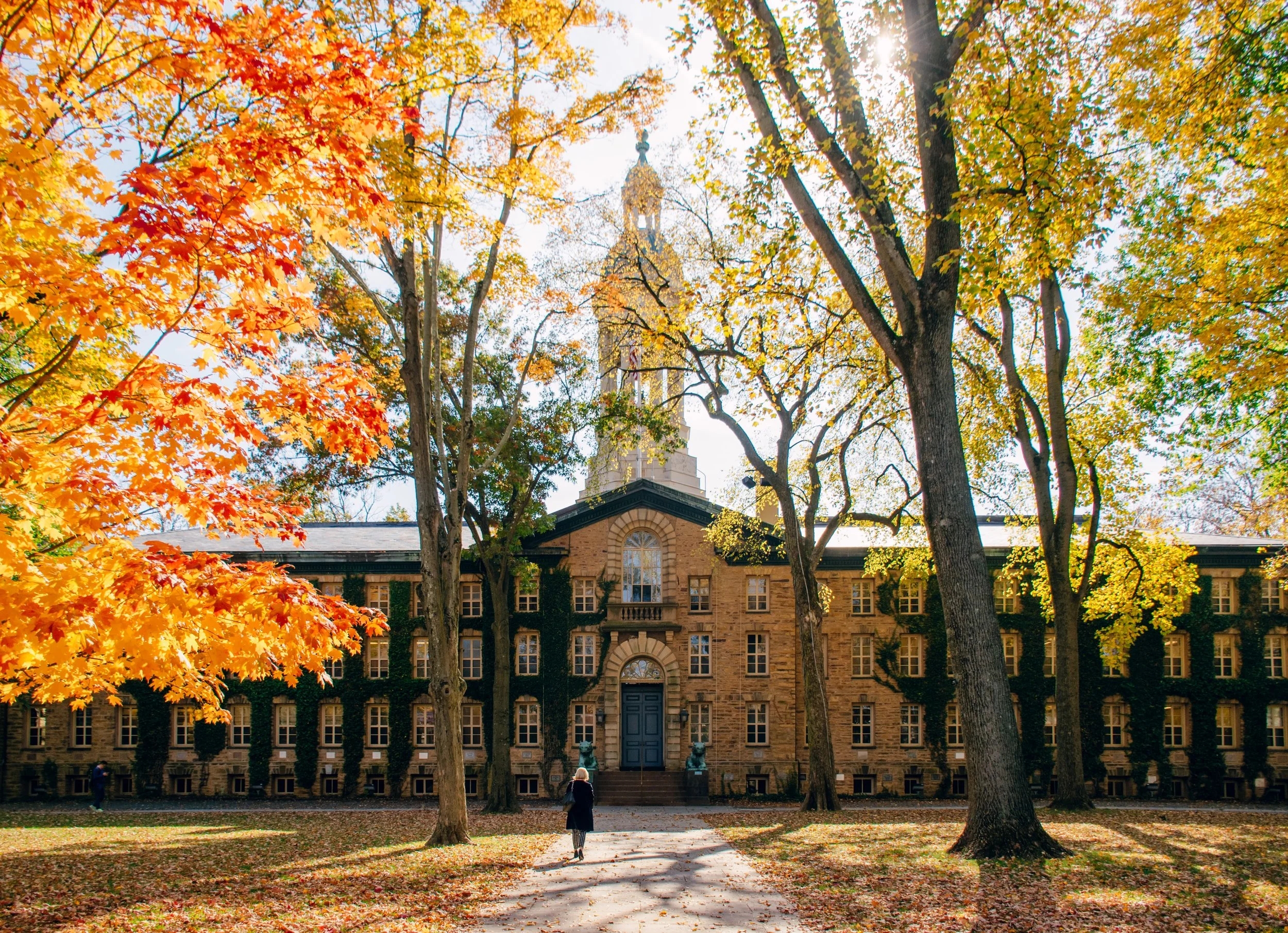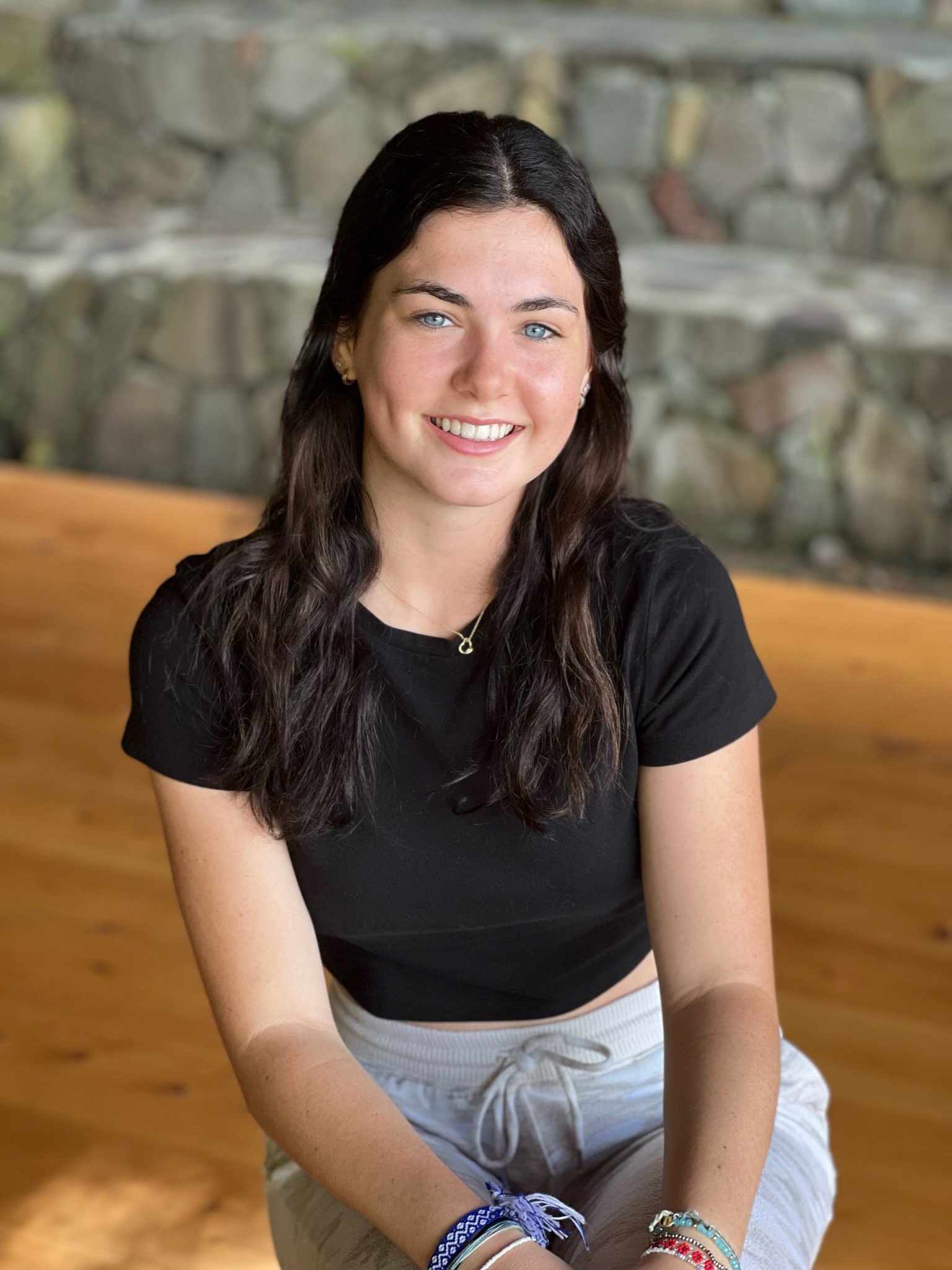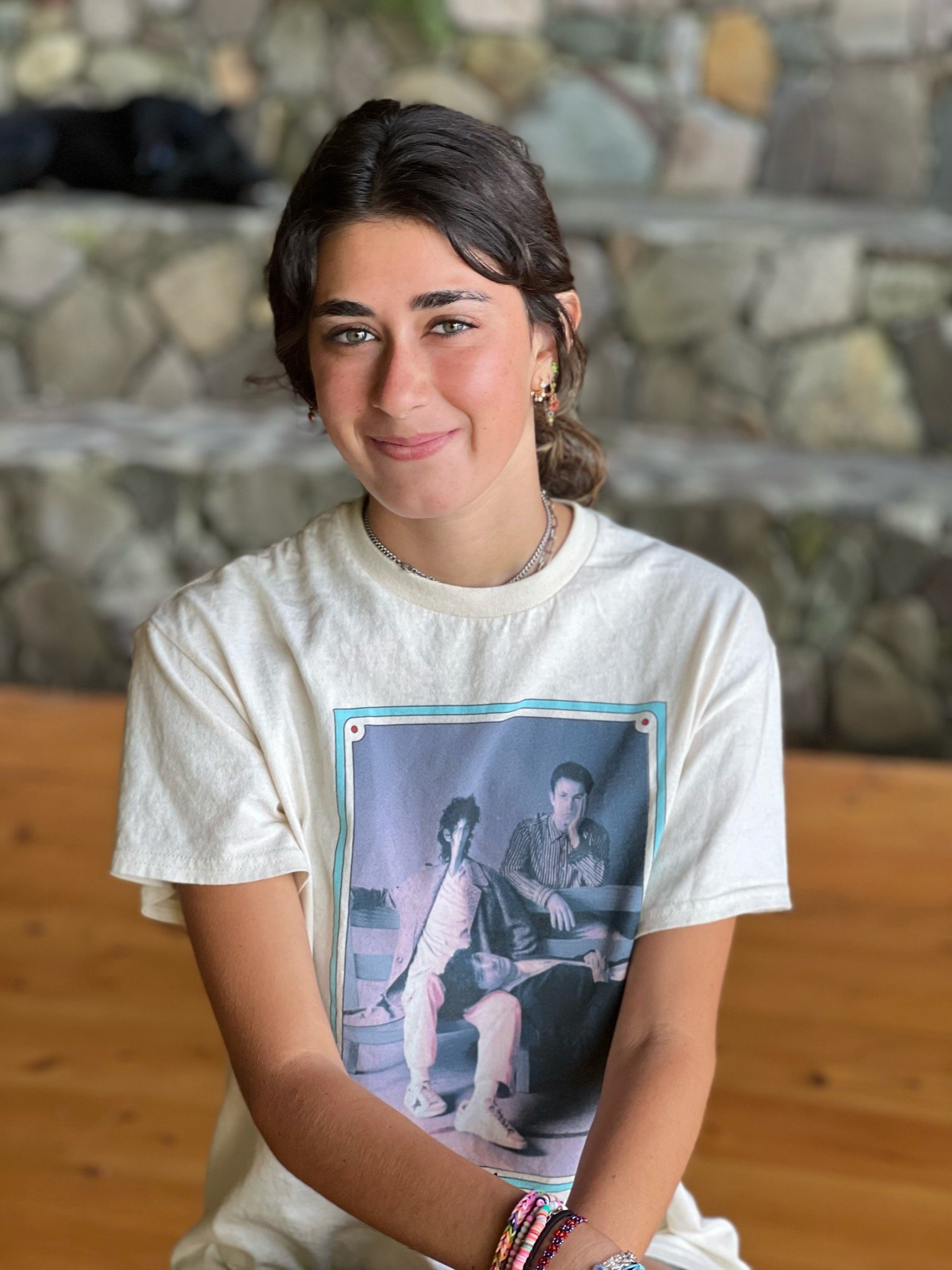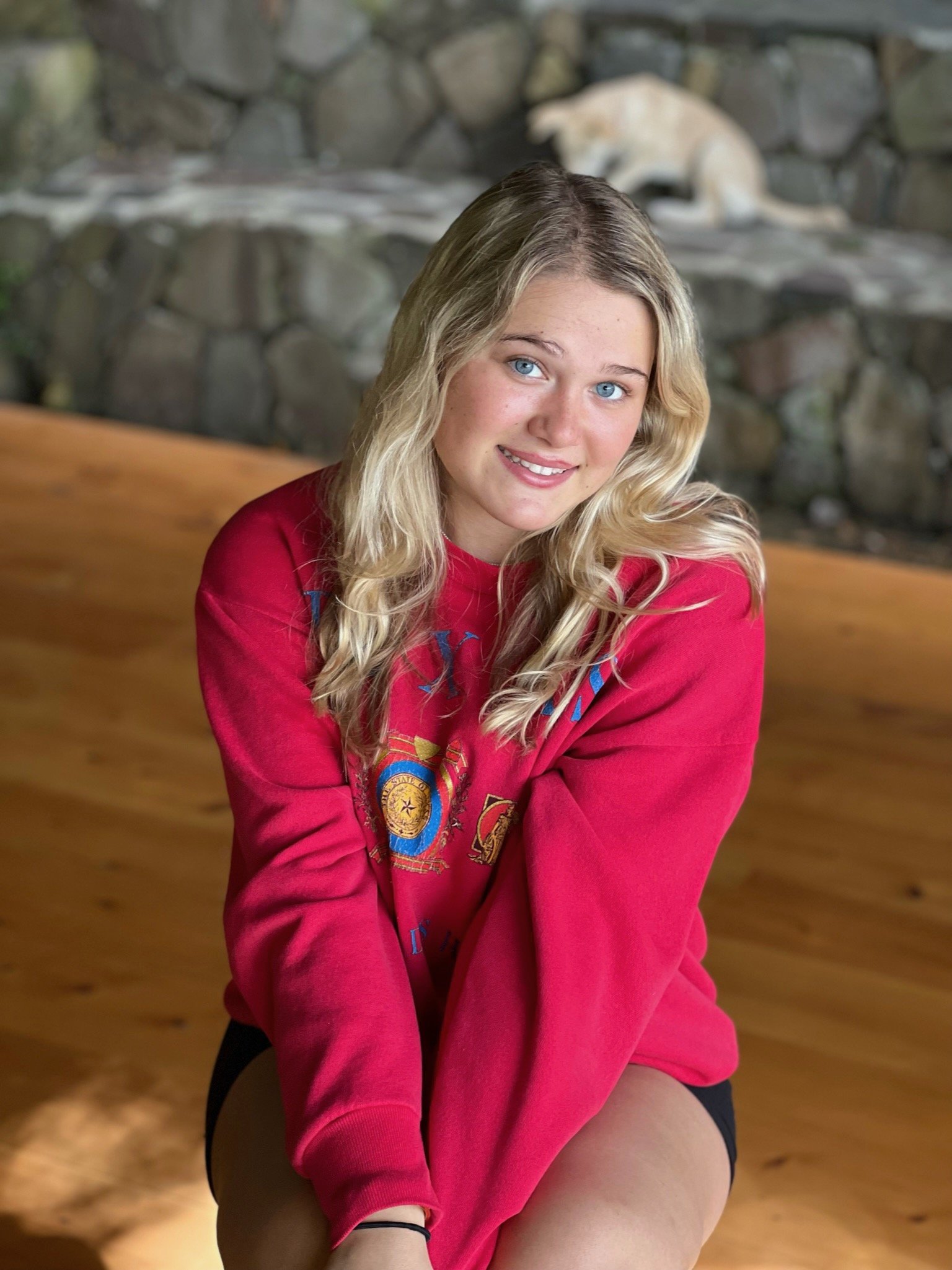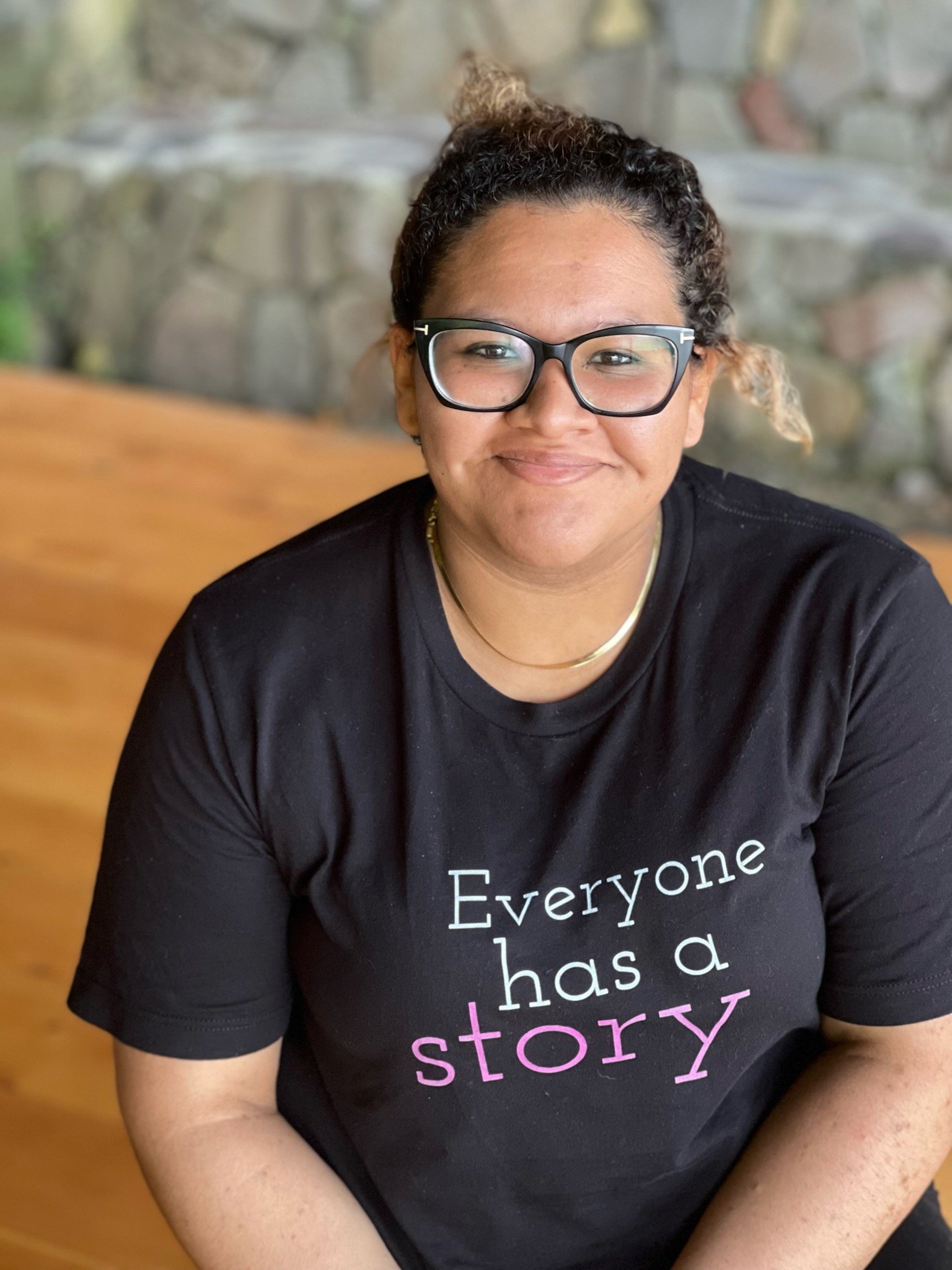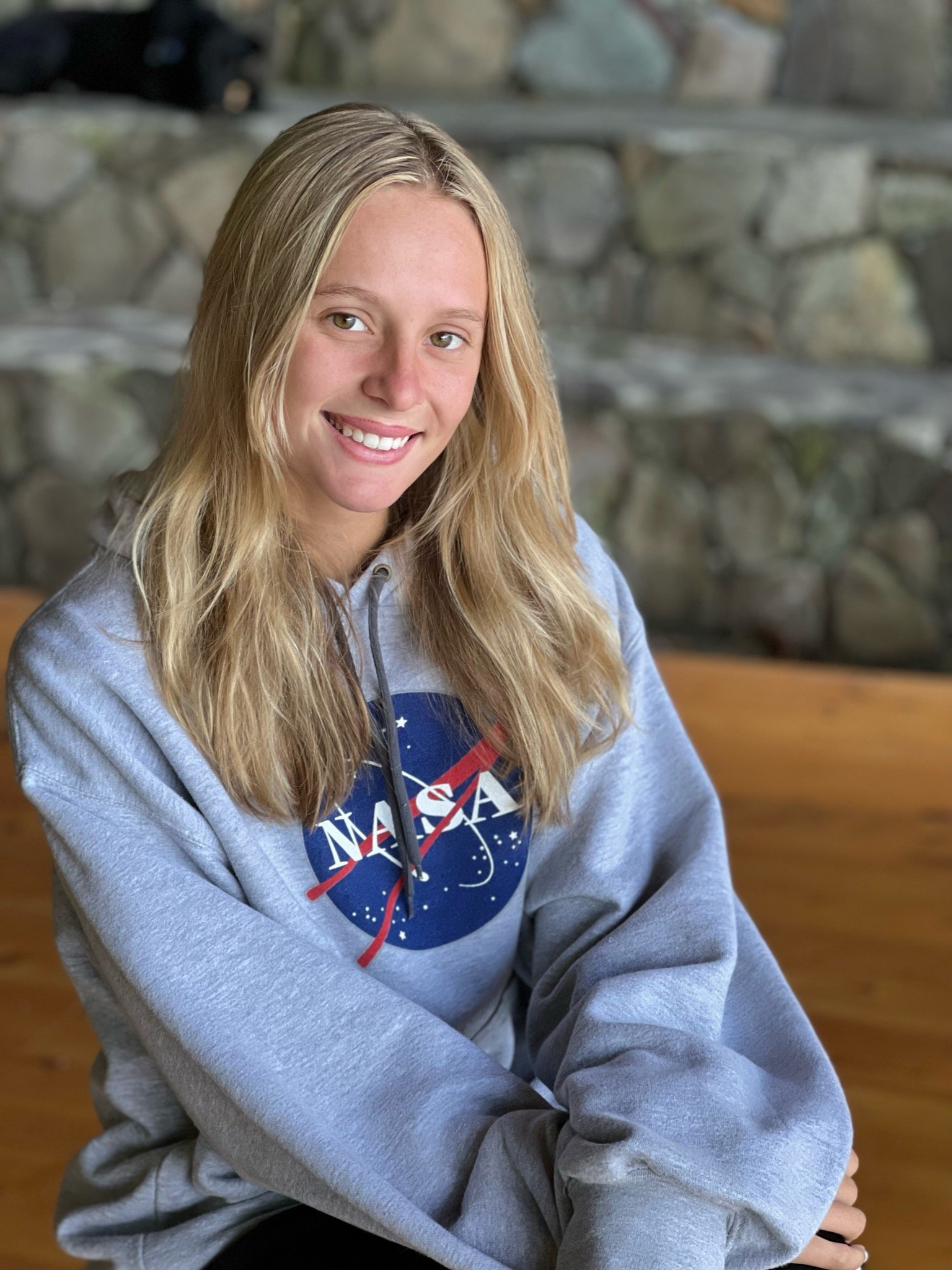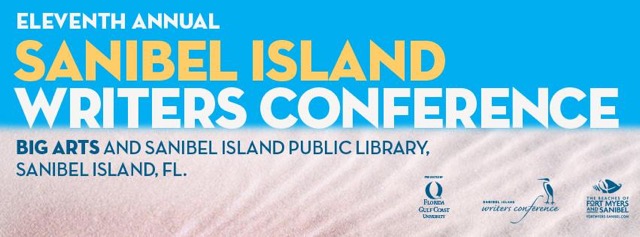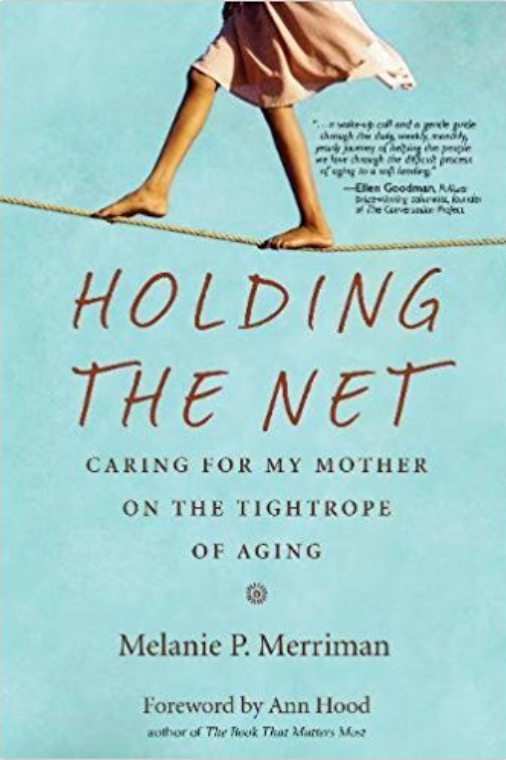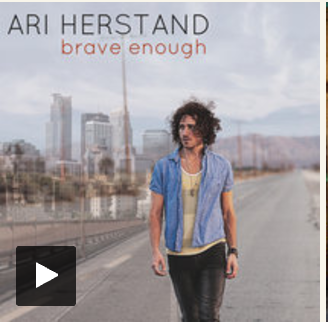50,000 people live within a ten-block radius of my home. In a small building with 20 families, I generally do not talk to my neighbors unless in desperate need of eggs. I nod at people in the elevator yet rarely say hello. I grew up with pet goldfish instead of dogs because, as most city kids have been told, “A dog wouldn’t handle living in a small apartment.” I am a city kid, used to the busyness around me. Before high school, I couldn’t imagine living any other way.
In ninth grade, my mom got a job in Bogota, Colombia and enrolled me in a school built into the Andes Mountains. Everything was different, from the food to my surroundings to the Spanish I hadn’t yet mastered. The city was beautiful, yet I felt most comfortable downtown, among modern banks and offices.
While I was still acclimating to my new living situation, my parents dragged me to a parking lot behind a mall, stuck me with a yellow fever vaccine, and sent me off on a tiny plane to the town of Leticia, deep in the Colombian Amazon Rainforest, on an optional school trip.
For three days, we hiked eight hours through mud up to our knees. At night, we slept in hammocks, protected from the enormous bugs only by thin mesh covers. It poured the entire time. I won’t sugarcoat my misery. I was walking, falling, crying, and cursing my parents.
On the fourth day, we canoed down what felt like an endless river until I finally saw what this journey led us to: an indigenous community with only 20 families, the same number of people living in my NYC building. The tiny village consisted of one soccer field, one small store inside someone's living room, and twenty colorful, modest homes, each a mere ten feet away from the next. That’s it.
Every day, the entire community comes together for a communal dinner. As a single child of two working parents, evening dinners together were rare. But there I was, at a table with thirty strangers, unable to speak their language and yet, I felt an instant connection. This way of life, foreign to me in every way, became real. It fascinated me inspiring me to learn more about other people’s stories and to amplifying them.
Back in New York City, I stepped out of my comfort zone again at Empowerment Avenue, where I started working with incarcerated writers, researching, editing, and pitching their stories about the harsh realities of isolation and confinement. Though on the surface it appears that I have nothing in common with these men, just a thin line paved in privilege and luck separates us. Born into one of the buildings in my neighborhood, these thoughtful writers with heartbreaking stories might have been successful professionals living the American dream.
I am now fortunate to be editing a book of essays with Chris Blackwell, inmate #813709, which features letters by incarcerated people to their teenage selves. This project has me considering what I would tell my younger self, which would include the primary lesson that human beings are complicated. If I take the time to understand the stories behind the person, or the person behind the story, there will always be a connection because we are all human. I would tell myself: by taking part in activities beyond your comfort zone, you will one day connect with indigenous people deep in the Colombian rainforest and with incarcerated men around the country.
I am fascinated with storytelling. Writing is a crucial medium to both understand myself and others. It's easy to become complacent living in a diverse city, but I now walk around the city, curious about each stranger I pass and the stories they hold.

